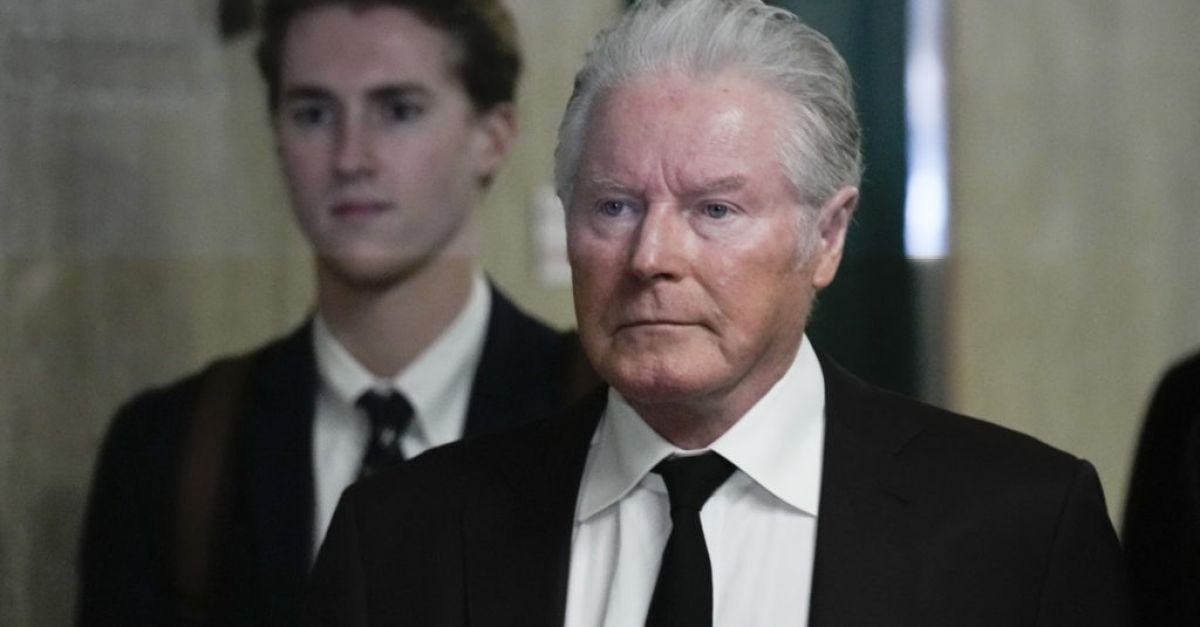Eagles singer Don Henley sues for return of handwritten lyrics of “Hotel California”

Eagles singer Don Henley filed a lawsuit in New York on Friday demanding the return of his handwritten notes and song lyrics from the band’s hit album “Hotel California.”
The civil suit in Manhattan federal court comes after prosecutors abruptly dropped charges in March in the middle of a trial against three collector experts accused of plotting to sell the documents.
The Eagles co-founder insisted the pages were stolen and had announced plans to file suit when criminal proceedings were dropped against antiquarian Glenn Horowitz, former Rock & Roll Hall of Fame curator Craig Inciardi and rock memorabilia seller Edward Kosinski.
“Hotel California”, released by the Eagles in 1977, is the third best-selling album of all time in the United States.
“These 100 pages of personal lyrics belong to Mr. Henley and his family, and he has not given permission to defendants or anyone else to sell them for profit,” Daniel Petrocelli, Mr. Henley’s lawyer, said in an emailed statement on Friday.
According to the lawsuit, the handwritten pages remain in the custody of Manhattan District Attorney Alvin Bragg’s office, but the office did not immediately comment on the litigation.
Mr. Kosinski’s lawyer, Shawn Crowley, said Mr. Henley continued to falsely accuse his client. He said the charges against Mr. Kosinski were dropped after it became clear that Mr. Henley had misled prosecutors by withholding key information that would have proved Mr. Kosinski had purchased the sites in good faith.

“Don Henley is determined to rewrite history,” Crowley said in his statement. “We look forward to taking this case to trial and filing a lawsuit against Henley to hold him accountable for his repeated lies and abuse of the legal system.”
Lawyers for Mr. Inciardi and Mr. Horowitz had no immediate comment, although Mr. Horowitz is not named as a defendant in the lawsuit because he does not claim ownership of the materials.
During the trial, the men’s lawyers argued that Mr. Henley gave the lyric pages decades ago to an author who was working on a never-published Eagles biography and later sold the handwritten sheets to Mr. Horowitz, who in turn sold them to Mr. Inciardi and Mr. Kosinski, who began auctioning off some of the pages in 2012.
The criminal case was abruptly dismissed after prosecutors concluded that defense attorneys had been essentially blindsided when they discovered 6,000 pages of correspondence between Mr. Henley and his attorneys and staff.
Prosecutors and the defense said they received the material only after Mr. Henley and his lawyers decided at the last minute to waive the attorney-client privilege that shields legal discussions.
Judge Curtis Farber, who presided over the non-jury trial that began in late February, said witnesses and their lawyers had abused attorney-client privilege “to obscure and conceal information they believed could be damaging” and that prosecutors had “apparently been manipulated.”



